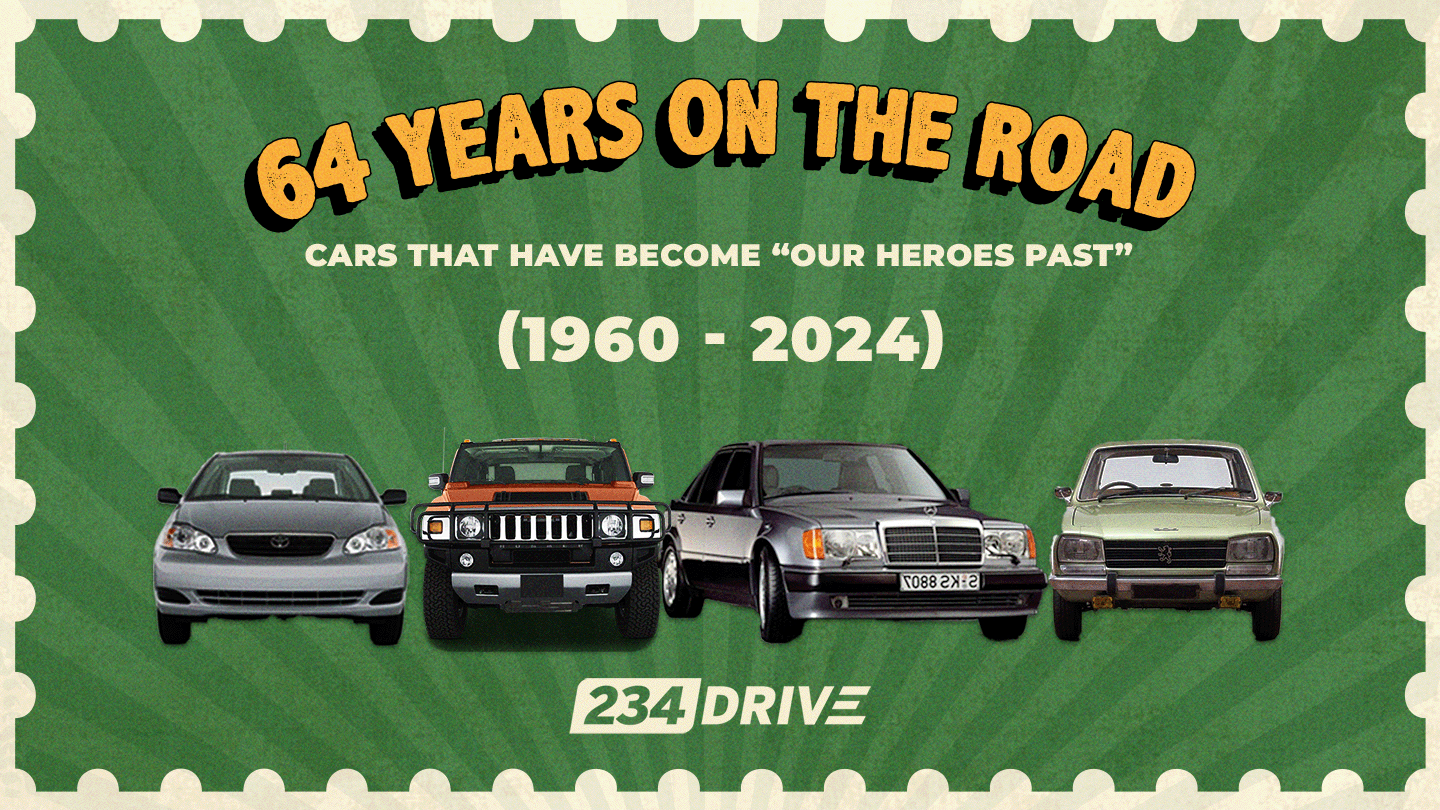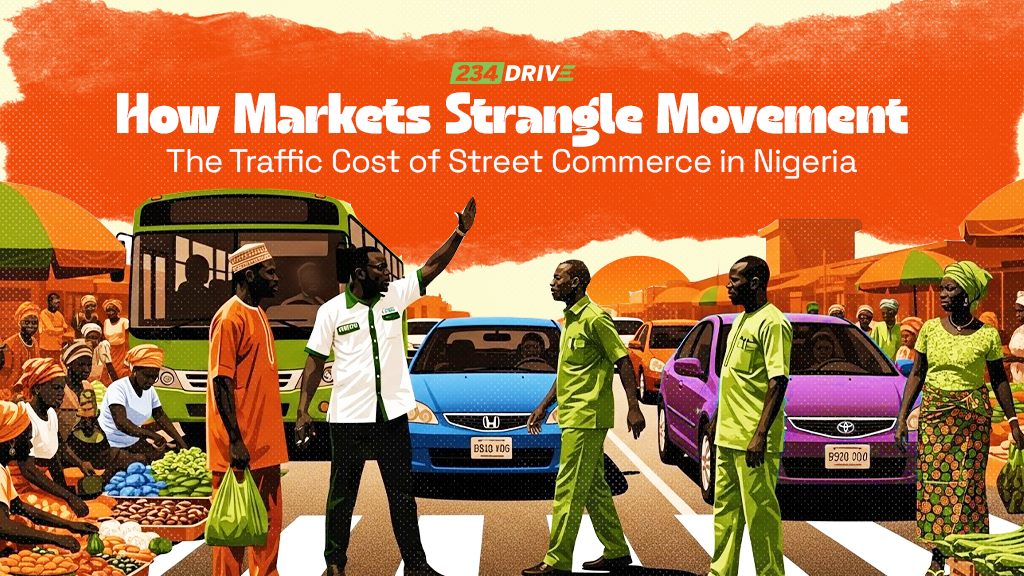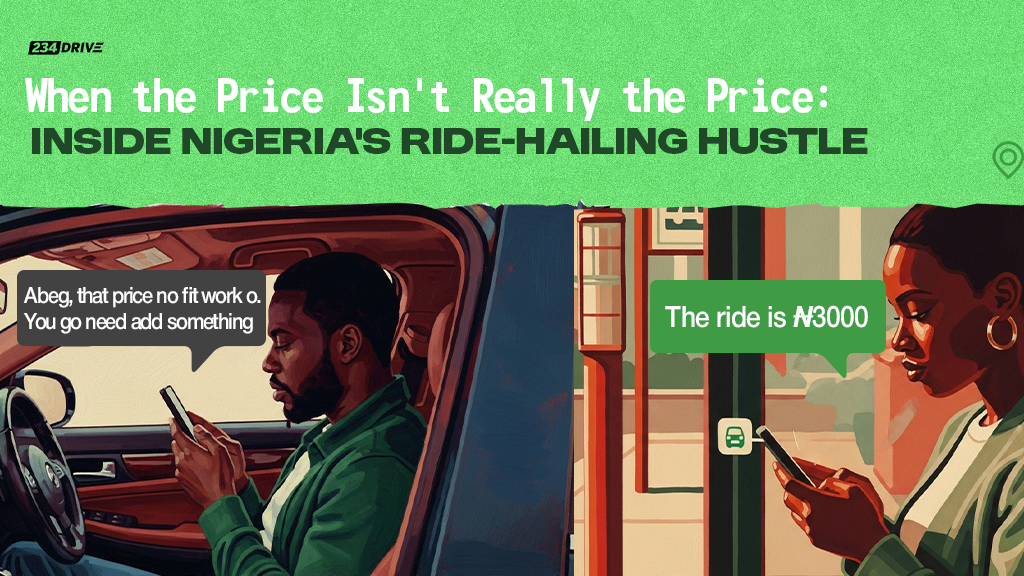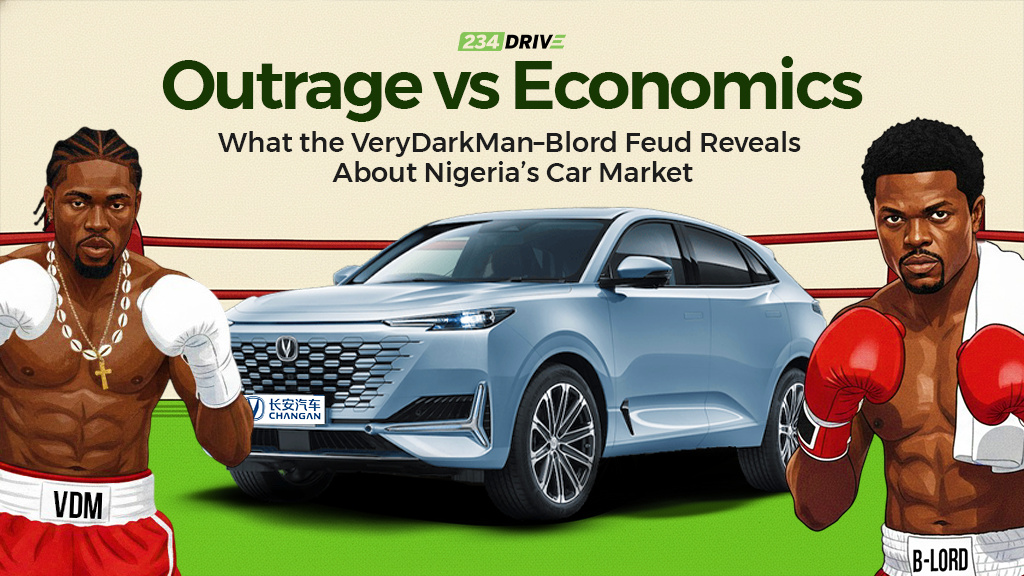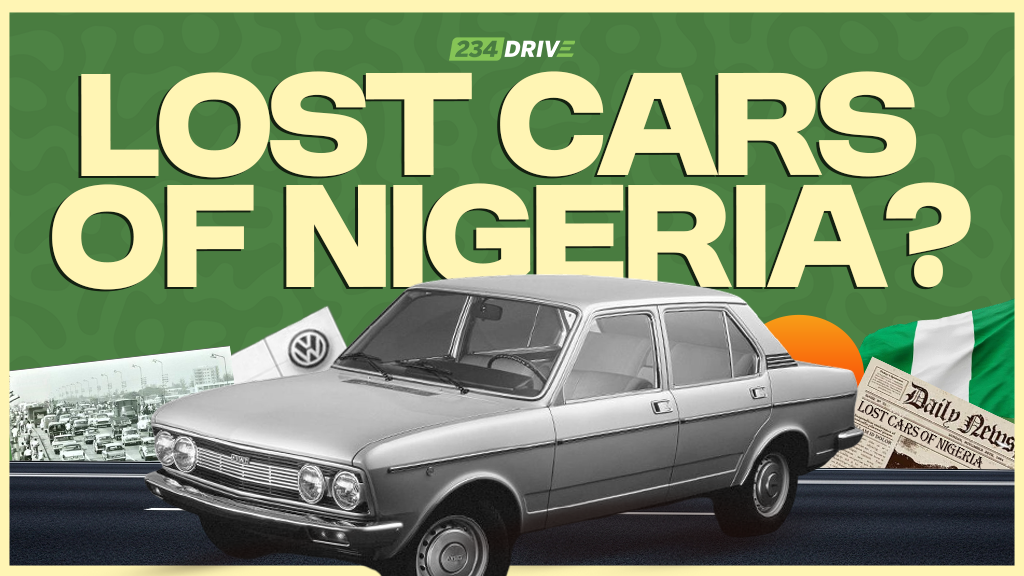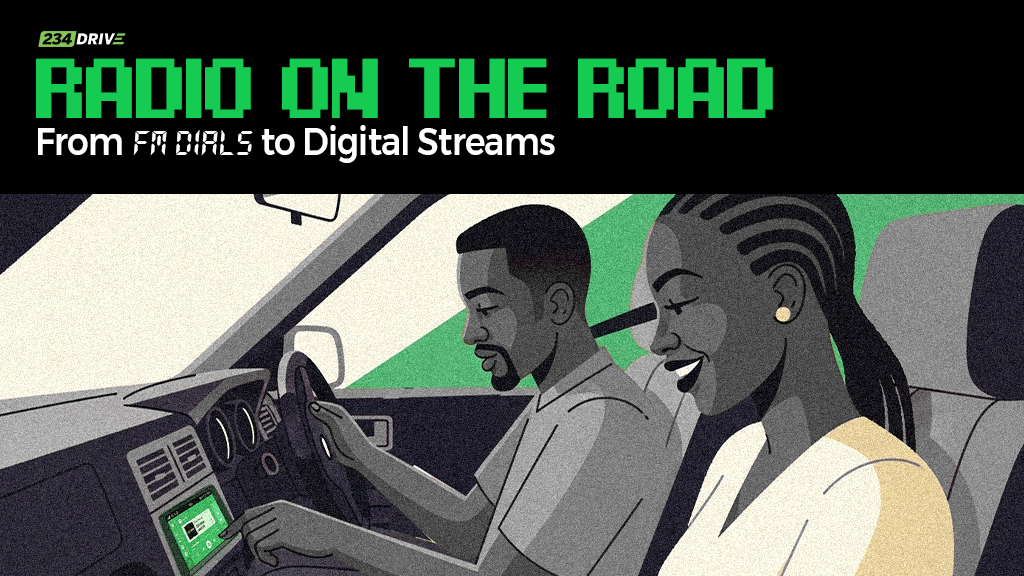Music has a unique way of transporting us through time. It’s not just a journey into a distant past that fades in black and white—it’s vivid and tangible. You can almost feel the air from those moments, reliving them in full color.
Songs like Wande Coal’s “You Bad” or P-Square’s “Do me” bring back memories of early 2000s children’s parties, where games like musical chairs were a highlight. Mr. Eazi’s “Skin Tight” rewinds to 2016, capturing the vibe of that year, while Omah Lay’s “Bad Influence” anchors us to the lockdown, a time when everyone was glued to their phones.
Cars, much like music, evoke a deep sense of nostalgia. Seeing an old model can instantly take you back to a specific time, filling your mind with the people, places, and memories of that era. Like songs, cars carry stories within them—frozen in time, waiting to be remembered.
Take the Peugeot 504, for instance. Its robust design wasn’t just a mode of transportation; it was a symbol of authority during Nigeria’s military era, a time marked by coups and uncertainty. Many recall the distinct roar of its engine as military personnel cruised through the streets, echoing a period when power was wielded with an iron fist. This sedan wasn’t just a car; it was a backdrop to stories of families sharing dreams amid the chaos, embodying both the fear and resilience of the time.

The Volkswagen Beetle, or the “Bug,” ruled the roads in the 1990s. Its unmistakable shape takes us back to post-colonial Nigeria, a time of rapid growth and newfound independence. This car was beloved by the working class—teachers, bank workers, and civil servants who sought reliability. It also brings back memories of roadside breakdowns and the communal effort it took to push a Beetle to the nearest mechanic. It was German by birth, Nigerian by naturalization.
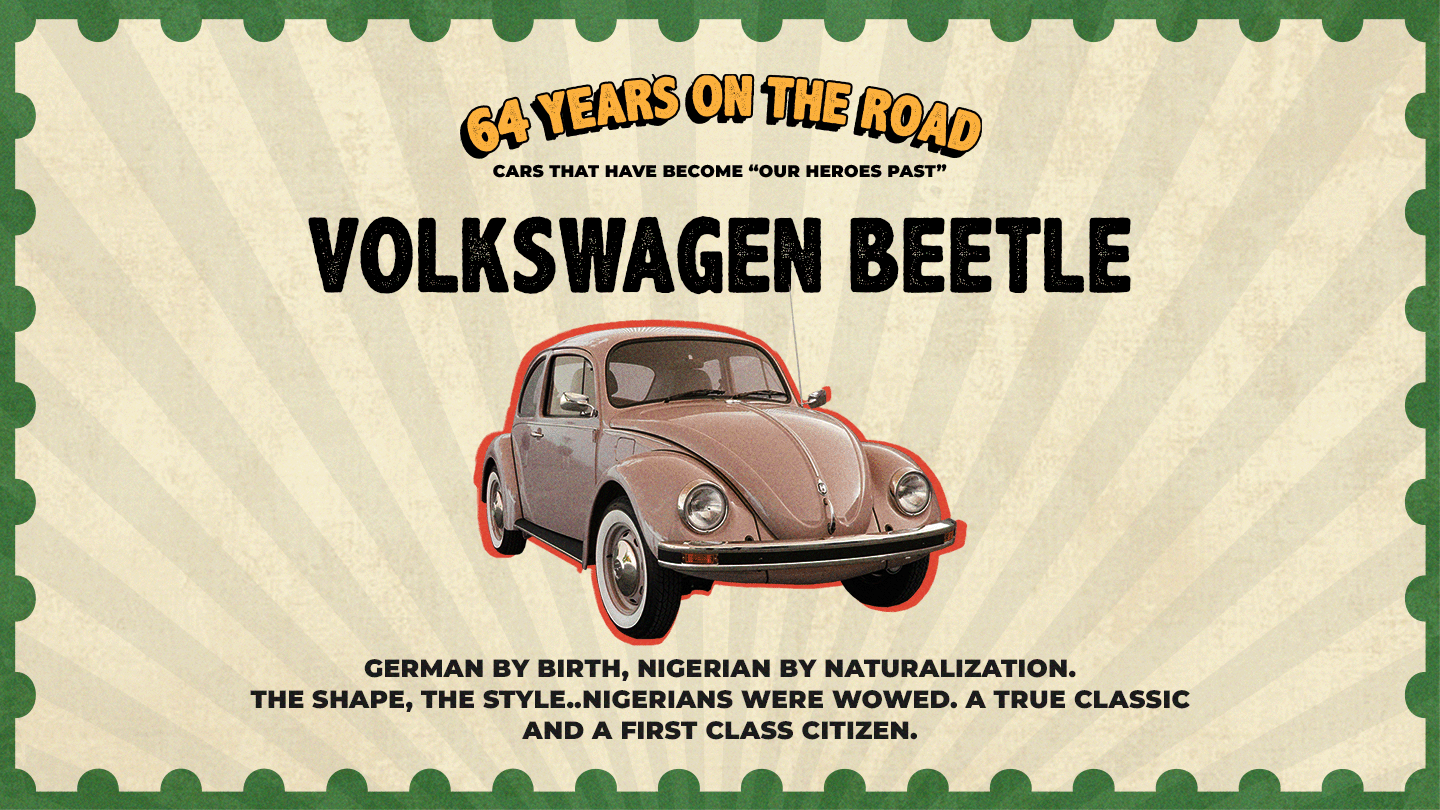
Then there’s the Mercedes-Benz W124, fondly called the “V-Boot.” It recalls the golden days of early Nollywood, where familiar faces like Ramsey Noah, Pete Edochie, and Jim Iyke graced our screens. This car served as a symbol of wealth and success, showcasing luxury both in real life and on screen. Seeing the V-Boot today sparks memories of families gathering around to watch home videos, the sound of CDs playing, and the laughter that followed some of Nollywood’s most memorable scenes.
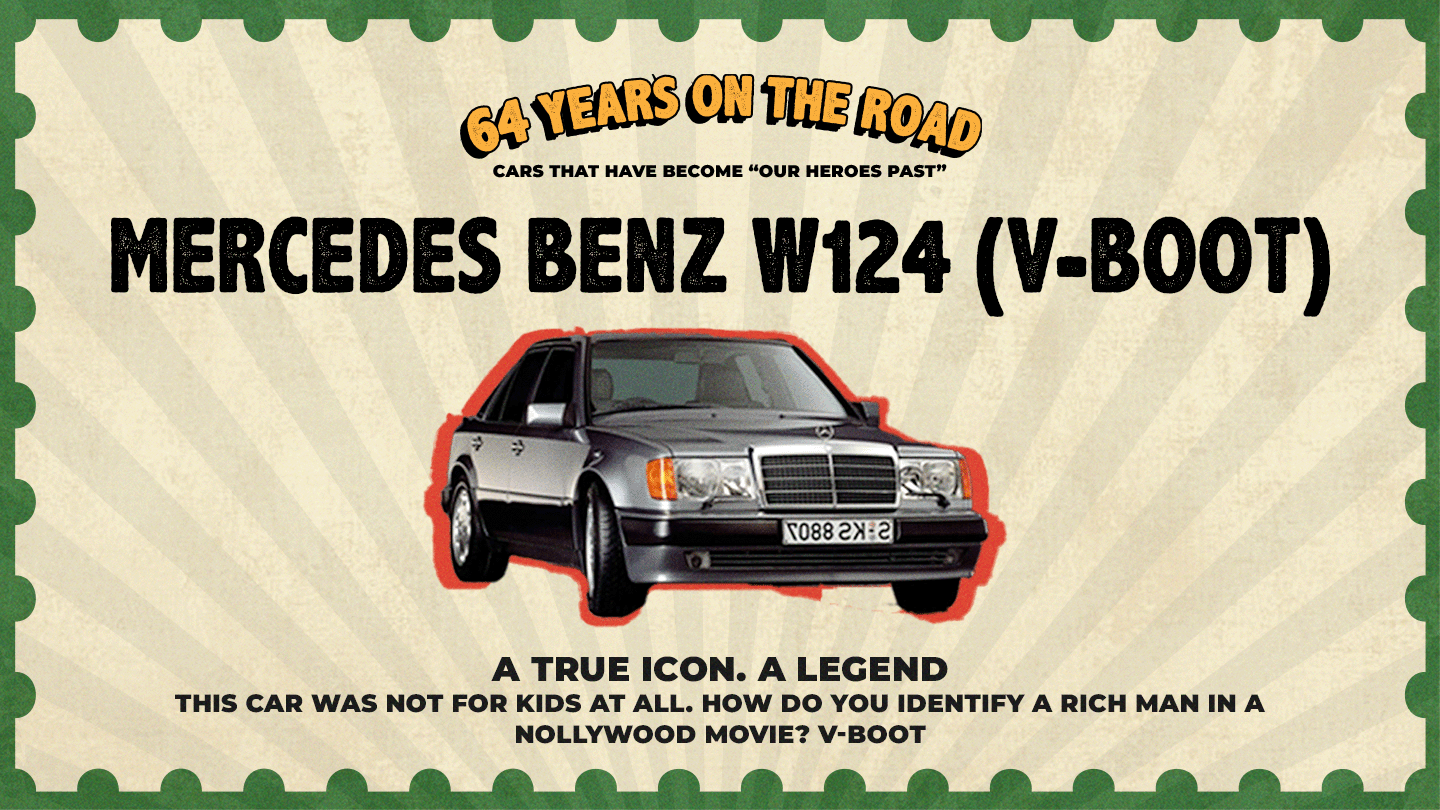
Equally symbolic of simpler times is the Volvo 740, known for its boxy design and sharp edges. This car holds a special place in the hearts of academics. The car of choice for university professors, school principals, and intellectuals. Its presence on campus or parked under a mango tree evokes images of scholarly debates and chalk-streaked classrooms, reminding us of a time when education held deep reverence and respect.
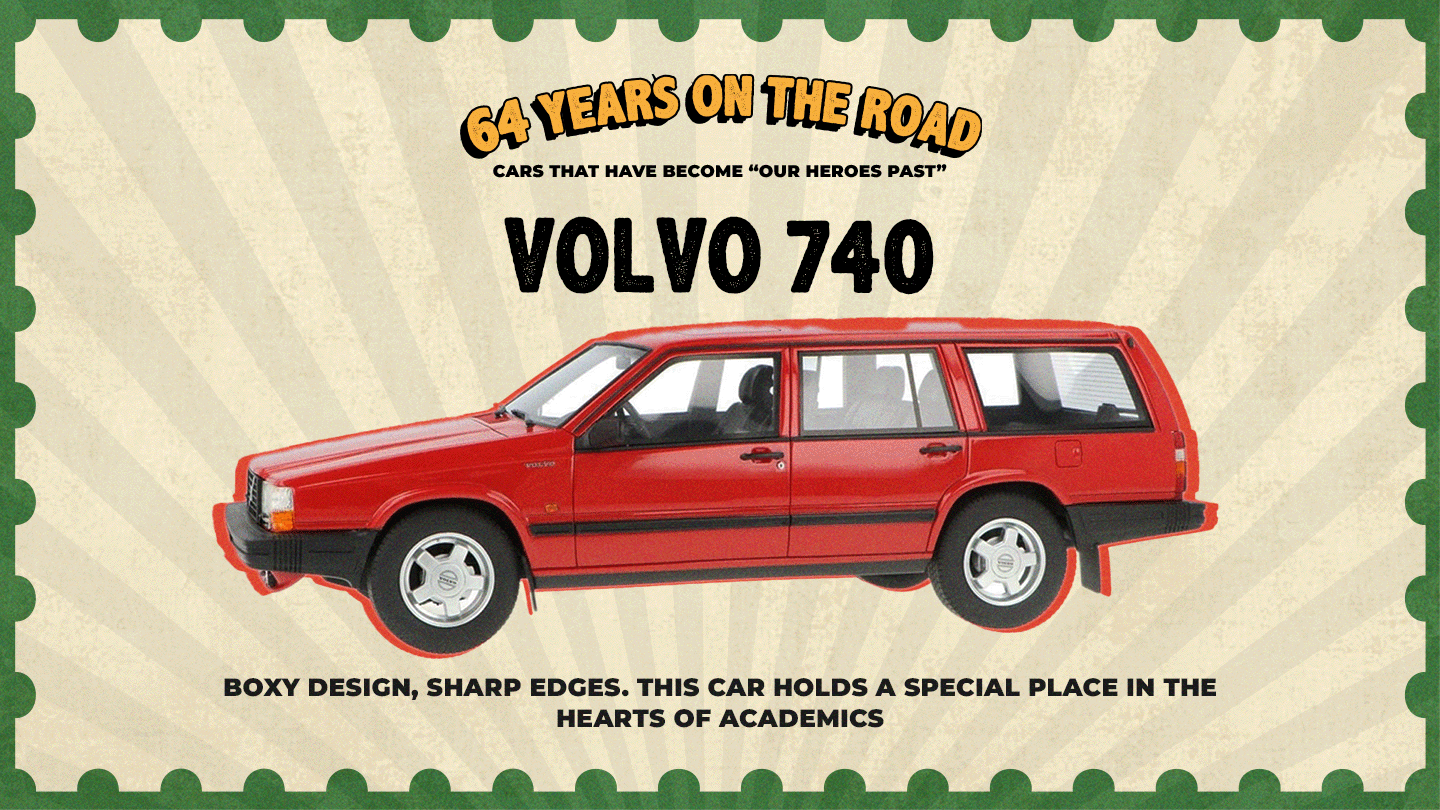
Fast forward to the early 2010s, and we find the Hummer, a vehicle that symbolized power and status. Its presence immediately calls up memories of the music video to Olu Maintain’s hit song “Yahooze”. The Hummer was a statement of wealth, the dream car of many Nigerians. It was thrilling to see one on the road, representing an elusive luxury that everyone aspired to attain.
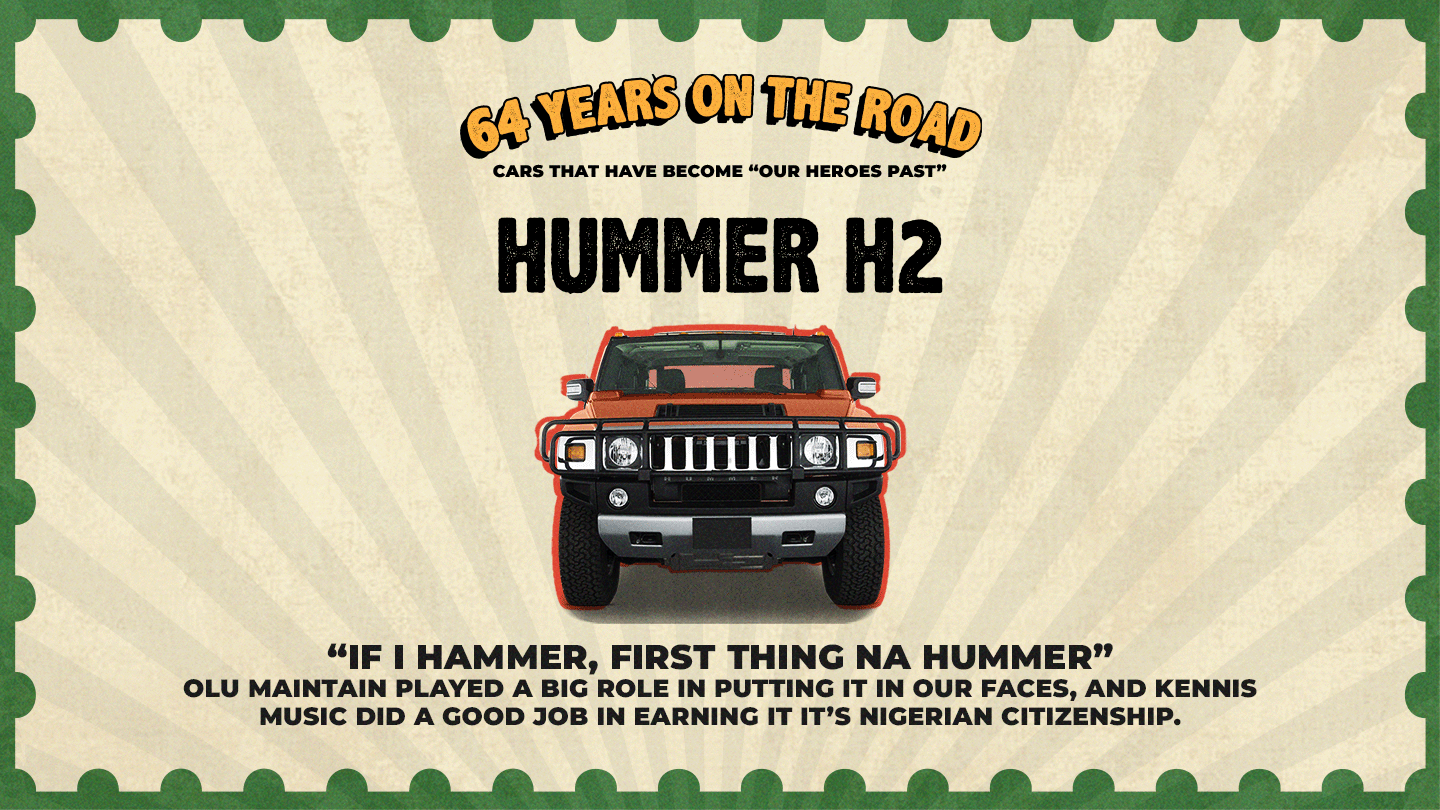
Similarly, the Honda Accord 2002, nicknamed “Baby Boy” by Nigerians, turned heads when it hit the scene. After featuring in the movie “Baby Boy,” the car gained a cult following. It became the favored ride of pastors and business owners, adored for its sleek design and smooth ride. The Baby Boy Accord symbolized sophistication, attracting admiration from the older, more established crowd.
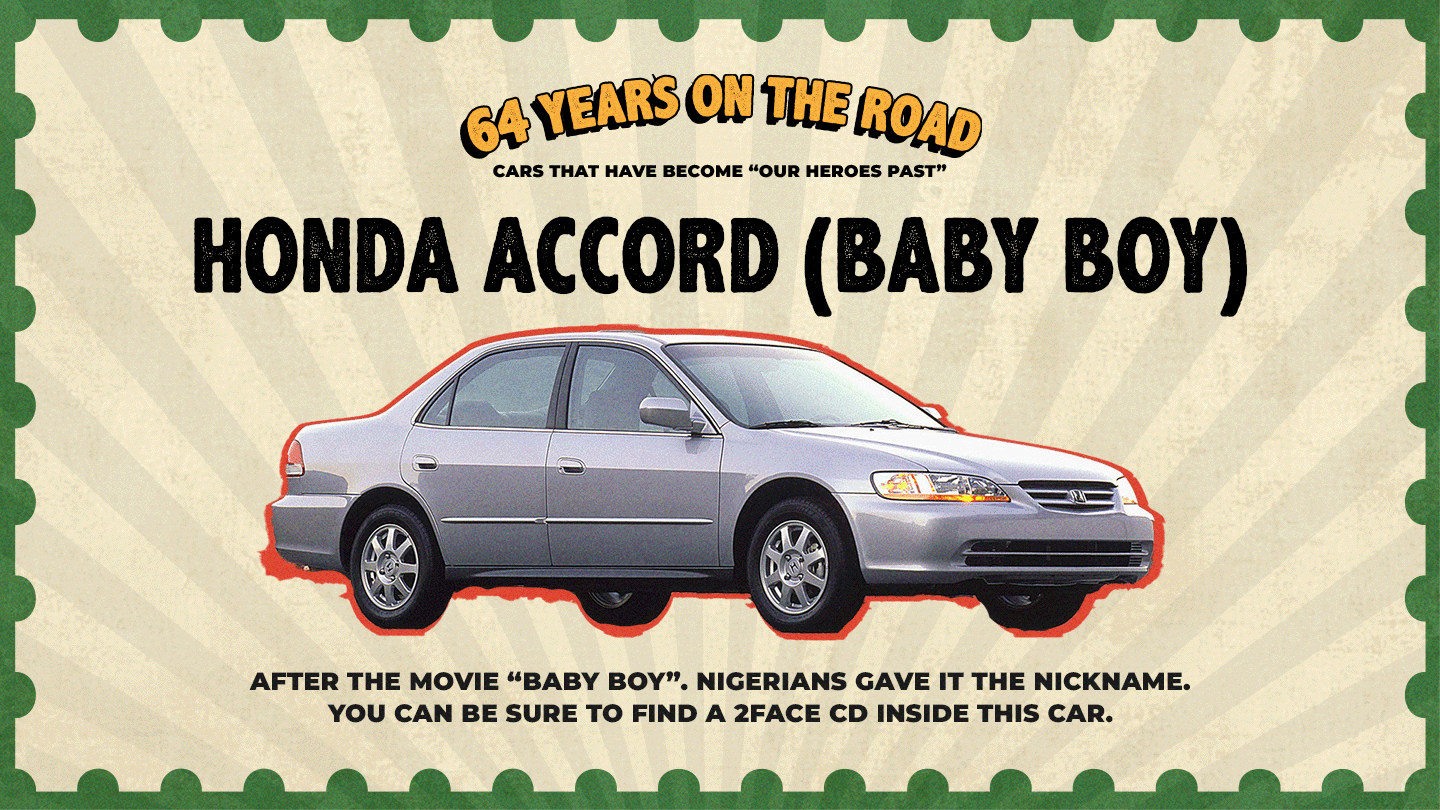
You cannot go down memory lane without mentioning the legendary Toyota Corolla 2004 model. This car has become synonymous with reliability and is a staple on Nigerian roads. The Corolla is the go-to for corporate workers, but this particular model stands out. Its presence evokes memories of dependable journeys, much like a best friend that rarely lets you down. Since the rise of ride-hailing services in the country, the 2004 Corolla has earned the nickname “Toyota Uber,” as it frequently shows up to take you where you need to go.
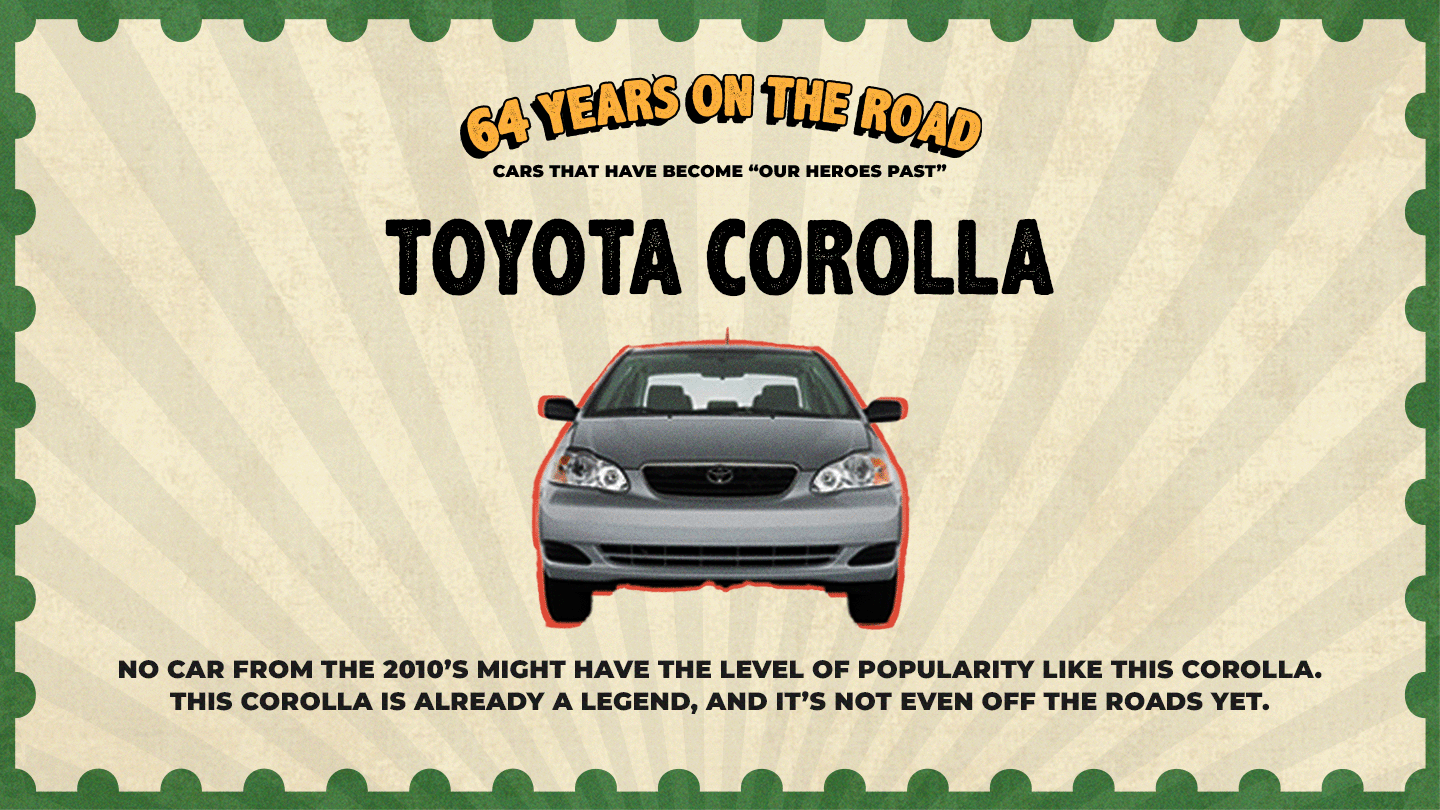
In more recent times, we’ve seen the Toyota Prado and Mercedes C300 emerge as icons of different kinds of success. Older individuals who have climbed the corporate ladder often drive the Prado, reaching managerial or executive positions. It’s more than just a vehicle—it’s a statement of hard-earned achievement and stability. In contrast, the Mercedes C300 appeals to the younger crowd, particularly those who have found success early in fast-paced industries. Sleek and flashy, it exudes a sense of modern achievement, representing the desire to enjoy life’s rewards without delay.
These cars are more than just machines—they are memories, symbols of different eras in Nigeria’s journey. Just like the music that defines moments in our lives, these cars represent milestones in the country’s history. As we reflect on the past, we can’t help but wonder what future generations will remember about today’s automotive icons. Will electric vehicles join the list? What stories will they tell, and how will these vehicles shape their own experiences?


